Training and Coaching
£2360 (£1600 during the tuition waiver period)
In this module, learners are presented with the opportunity to to plan a substantive piece of individual research concerning leadership within their specific context, connecting theory with practice. They are supported with additional research skill requisites, including online sessions exploring research methods and ethics in educational research.


1. Plan a substantive piece of individual research concerning leadership within a specific educational context
2. Connect theoretical frameworks with practical aspects of leadership in educational settings
3. Acquire and apply additional research skills necessary for conducting action research
4. Demonstrate skills in research methods and ethics in educational research


Scholarships
Citizens of the following countries are eligible for a 50% scholarship upon writing a personal statement. All scholarships are to be approved by the Academic Board. The list of countries are: Sri Lanka, Indonesia, Philippines, Bhutan, Morocco, Vietnam, Papua New Guinea, Laos, Cambodia, India, Nigeria, Ghana, Bangladesh, Laos, Myanmar, Pakistan, Nepal and South Africa. Please talk to your student counselor and ask for the Coupon Code to get the 50% Tuition Waiver.

To pass the unit a 40% overall grade must be achieved.

You are eligible if you meet our stipulated entry requirements.









Planning Research in Educational Leadership
Theoretical Frameworks and Leadership
Research Skills in Action Research
Methodology and Ethics in Educational Research
Data Collection and Analysis
Action Research in Practice
Advanced Topics in Educational Research